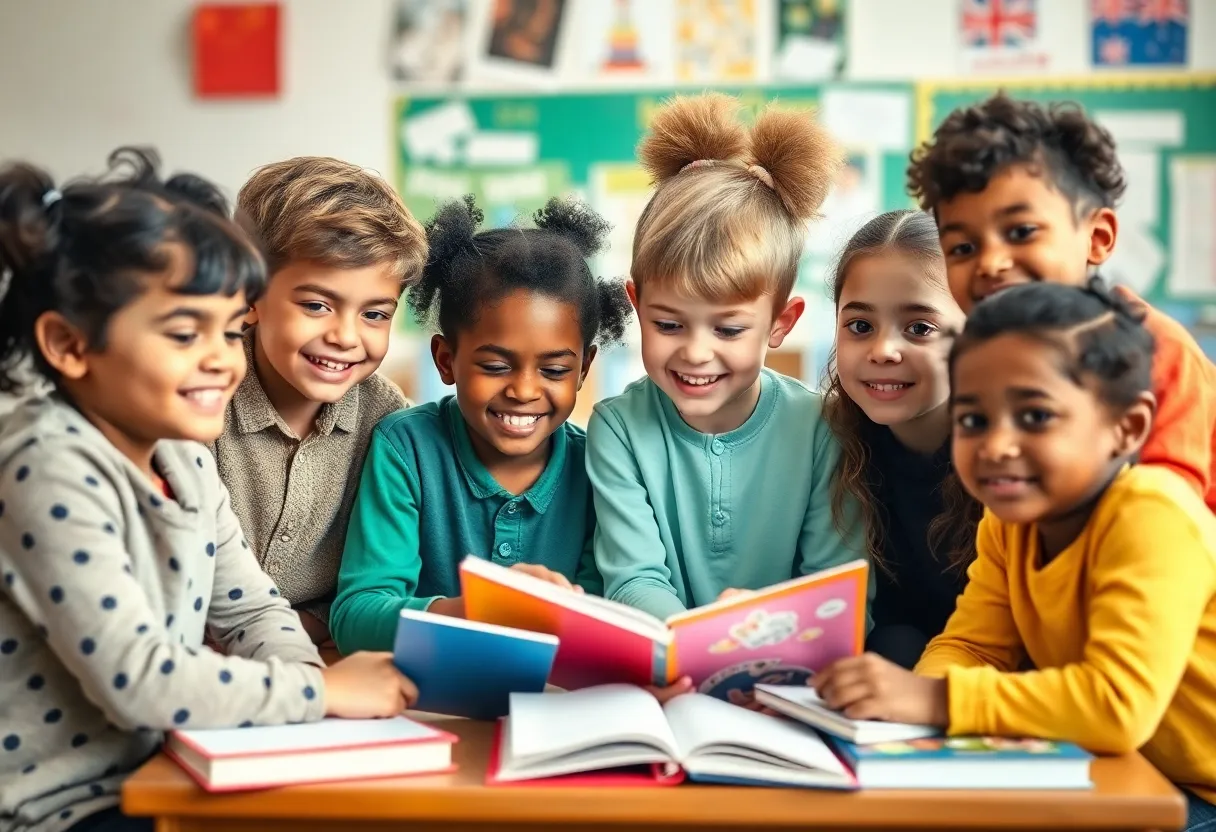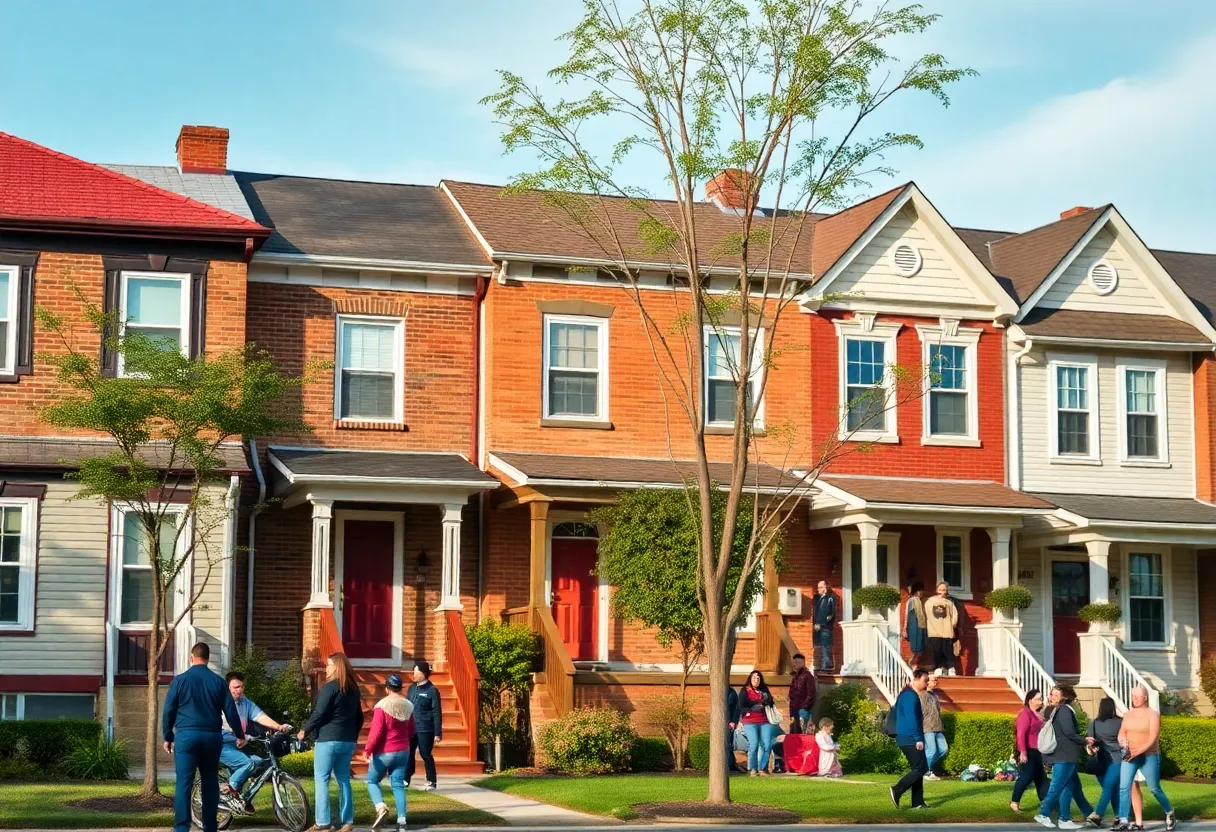News Summary
Former President Barack Obama spoke about the detrimental effects of school closures during the COVID-19 pandemic, emphasizing their impact on education and child development. He noted that political division hindered constructive discussions on reopening schools, leading to significant academic setbacks for students, particularly those affected by prolonged remote learning. Educational experts have highlighted that these closures did not effectively reduce virus transmission, but instead worsened educational outcomes. Obama calls for balanced discussions that consider both public health and the social implications of such governmental decisions.
Washington, D.C. – Former President Barack Obama recently addressed the issue of school closures during the COVID-19 pandemic, highlighting the negative impact these decisions had on children’s education and social development. He emphasized that the nuanced necessity of these closures was often overshadowed by political divisiveness, making it difficult to engage in constructive discussions about reopening schools.
The Centers for Disease Control and Prevention (CDC) recorded the first instance of COVID-19 in the United States on January 30, 2020. Subsequently, widespread school closures were instituted by the end of March 2020, with a significant portion of schools transitioning to virtual learning formats. By mid-September of that year, data indicated that around 60% of schools operated fully online, while only 20% maintained traditional in-person classes and another 20% implemented hybrid models.
Throughout 2021, many schools, particularly in states led by Democratic governors, continued to enforce reduced schedules coupled with mask mandates and social distancing protocols. This approach drew criticism, as many argued that it exacerbated educational declines. Reports indicate that the extensive duration of school closures did not achieve the public health objectives initially intended and instead resulted in significant academic setbacks for students.
A consensus among educational experts has emerged, recognizing that widespread school closures created educational and social hurdles, impacting students’ learning outcomes without effectively curtailing virus transmission rates. A March 2024 report from a reputable source noted that prolonged school closures were ineffective in controlling the spread of COVID-19, while simultaneously causing lasting damage to children’s academic progress.
Statistical data from The National Assessment of Educational Progress (NAEP) revealed a marked decline in high school students’ reading and math scores when compared to pre-pandemic levels recorded in 2019. Furthermore, a study conducted by McKinsey indicated that students had learned only approximately 67% of the expected math curriculum by the fall of 2020, signifying an alarming drop in educational attainment.
Obama underscored the need for a timely discussion regarding the reopening of schools, particularly in light of working parents’ need for reliable childcare solutions. He stated that the objections to strict pandemic protocols should not be dismissed entirely, noting the importance of balancing public health measures with the social consequences that school closures inflicted on families and children.
In a prior commencement address in May 2020, Obama characterized the federal government’s pandemic response as “an absolute chaotic disaster,” advocating for the cancellation of large gatherings to mitigate virus spread. His emphasis on community care remains a central theme in his discussions about pandemic responses and educational policies during this challenging period.
The conversation surrounding school closures during the pandemic reflects a broader concern regarding public health measures, educational policy, and the societal implications of governmental decisions. As communities reflect on the impacts of these choices, there is an urgent call for reconciling educational needs with health guidelines, ideally leading to more informed, less polarized discussions in future crises.
Deeper Dive: News & Info About This Topic
HERE Resources
Road Rage Incident Involving Ohio Congressman Raises Concerns
Additional Resources
- Unherd: Barack Obama on School Closures
- WAPT: Jackson Public Schools Concerns
- LAist: School Closures in LA
- Jsonline: Potential School Closures in Milwaukee
- Next Pittsburgh: School Changes in PPS
- Wikipedia: COVID-19 Pandemic in the United States
- Google Search: Impact of School Closures Due to COVID-19
- Google Scholar: Educational Impact of COVID-19 School Closures
- Encyclopedia Britannica: Education
- Google News: School Closures COVID-19
Author: STAFF HERE BALTIMORE WRITER
The BALTIMORE STAFF WRITER represents the experienced team at HEREBaltimore.com, your go-to source for actionable local news and information in Baltimore, Baltimore County, and beyond. Specializing in "news you can use," we cover essential topics like product reviews for personal and business needs, local business directories, politics, real estate trends, neighborhood insights, and state news affecting the area—with deep expertise drawn from years of dedicated reporting and strong community input, including local press releases and business updates. We deliver top reporting on high-value events such as the Baltimore Book Festival, Preakness Stakes, and Artscape. Our coverage extends to key organizations like the Baltimore Chamber of Commerce and Visit Baltimore, plus leading businesses in shipping and healthcare that power the local economy such as the Port of Baltimore and Johns Hopkins Medicine. As part of the broader HERE network, we provide comprehensive, credible insights into Maryland's dynamic landscape.





